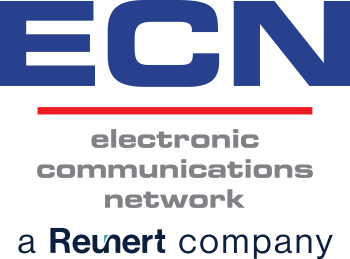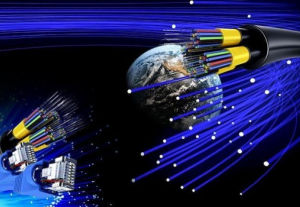Whether you’re at home, at the office or on the road, you need a reliable internet connection for communication, navigation or simply recreation. But, with so many options available these days, it can be quite difficult to select the best internet connection. Here is an overview of what’s on offer.
Best Internet Connection
Basic terminology
Just to plug you into the world of the web, here is some of the lingo you might come across.
- Internet Service Provider (ISP): an organisation that installs and supplies your internet.
- Broadband: this is wide bandwidth data transmission transporting multiple signals and traffic types.
- Bandwidth: the amount of data that can be transferred between two points on a network at any given time.
- Internet connection types: these include DSL, cable, fibre-optic, and dedicated leased lines all varying in speed, capabilities and cost.
Internet connection types
1. Digital Subscriber Line (DSL)
As with the traditional dial-up (which is somehow still in use!) the DSL operates over telephone cables and generally operates between 5 and 25 Mbps (megabits per second). There are two types of DSL, these are:
- Asymmetric DSL (ADSL): has faster download than upload speeds and is the more cost-effective option.
- Symmetric DSL (SDSL): has equally fast upload and download speeds.
Pros of DSL are:
- Several providers available
- Cost-effective internet connection
- Consistent speeds
Cons of DSL are:
- The further from the provider you are, the slower and less reliable the internet connection.
- A relatively slow internet connection overall.
2. Cable Broadband
Using coaxial cable television wires, this internet connection is similar to DSL but offers faster speeds.
Pros of cable are:
- Unlike with DSL, the connection remains reliable and the speed isn’t affected if you move away from the provider.
- A relatively fast internet connection.
- Several providers are available.
Cons of cable are:
- Not a dedicated line so internet connection is slower when there are more users.
3. Satellite connection
The internet is supplied via satellite dishes to any location.
Pros of satellite:
- Covers all areas, even those inaccessible by other internet types.
Cons of satellite:
- Slower than most internet options
- More expensive than most internet options
4. Fibre optic
This is currently being rolled out across the country and transmits data via fibre optic cables.
Pros of fibre optic:
- Incredibly high speeds – it’s the fastest connection available
Reliable internet connection not affected by weather
Cons of fibre optic:
- It’s not found everywhere
Not as many providers as yet
The best internet connection for you really depends on your particular needs, location and budget. A reputable internet service provider will be able to assess your requirements and work out a suitable connection for your home or business. Remember that the main things you will need to ask about are:
- Speed and reliability.
- Data caps: how much data you can download.
- Bundling: better rates if you’re already using the company for another service.
- Start-up deals: any specials for starting with the ISP.
- Additional costs: related to renting modems or installation.
- Customer service: you might have to do a bit of research to find out about the service offered.
ECN is a leading telecommunications partner in South Africa. ECN offers a broad set of cost effective voice, data and hosted services to meet our customers ever growing technological needs. Our market leading fibre solutions provide our customers with the option of replacing their existing voice service provider to substantially reduce their monthly telecommunications bill. Contact ECN today for leading telecommunications solutions.

